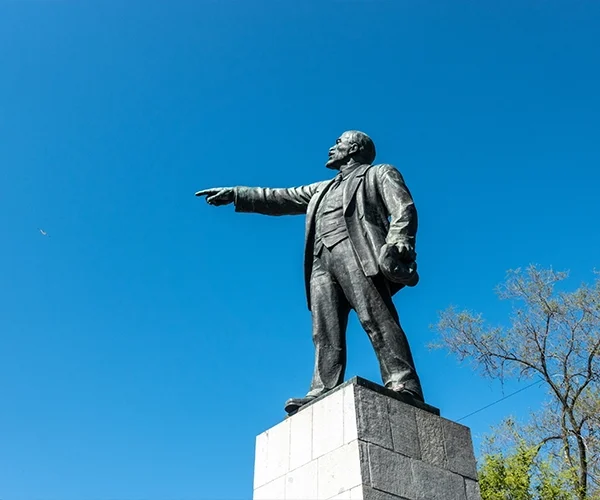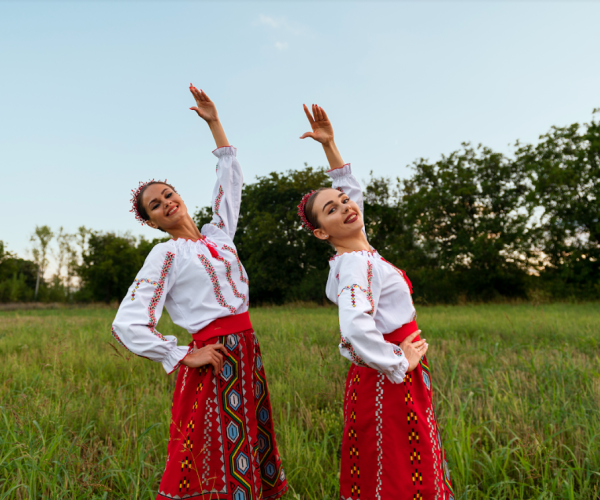Russia
Russia
Medicine, Science and Arts are best options for students especially for Indians . As India is friendly country with Russia , there is lot of co-operation in many sectors , so its advantage India. Research Russian universities and colleges to find programs that suit your academic and career goals. Consider factors such as the language of instruction, program offerings, location, and reputation of the institution.
Apply for Admission: Once you’ve chosen a program and institution, follow their application process for international students. You may need to provide documents such as academic transcripts, language proficiency test scores (e.g., in Russian for programs taught in Russian or English for programs taught in English), a letter of motivation, and letters of recommendation.


Obtain a Student Visa: Most international students require a student visa to study in Russia. You’ll need to apply for a student visa through the Russian embassy or consulate in your home country. You’ll typically need a letter of acceptance from a Russian educational institution, proof of sufficient funds to cover your tuition fees and living expenses, and a valid passport.
Work Opportunities: As an international student in Russia, you may be allowed to work part-time during your studies. However, the availability of work opportunities for international students may vary depending on factors such as your visa type, language proficiency, and the demand for part-time workers in your area.
Residence Permit: If you plan to stay in Russia for an extended period, you may need to apply for a residence permit (вид на жительство) in addition to your student visa. The process for obtaining a residence permit can vary depending on factors such as your country of origin and the duration of your stay.
Language Proficiency: If you plan to study in Russian, you may need to demonstrate proficiency in the Russian language. Some universities may require you to pass a language proficiency test, while others may offer preparatory courses for international students.
Health Insurance: Many Russian universities require international students to have health insurance coverage during their studies. Some universities may offer health insurance plans for students, while others may require you to purchase coverage independently.
Cultural Adaptation: Living and studying in Russia may present cultural and social challenges, especially if you’re unfamiliar with the language and customs. Take advantage of orientation programs, language courses, and cultural events to help you adapt to life in Russia.
Post-Graduation Options: After completing your studies, you may have the option to extend your stay in Russia for employment or further study. Investigate post-graduation options well in advance to ensure a smooth transition.
